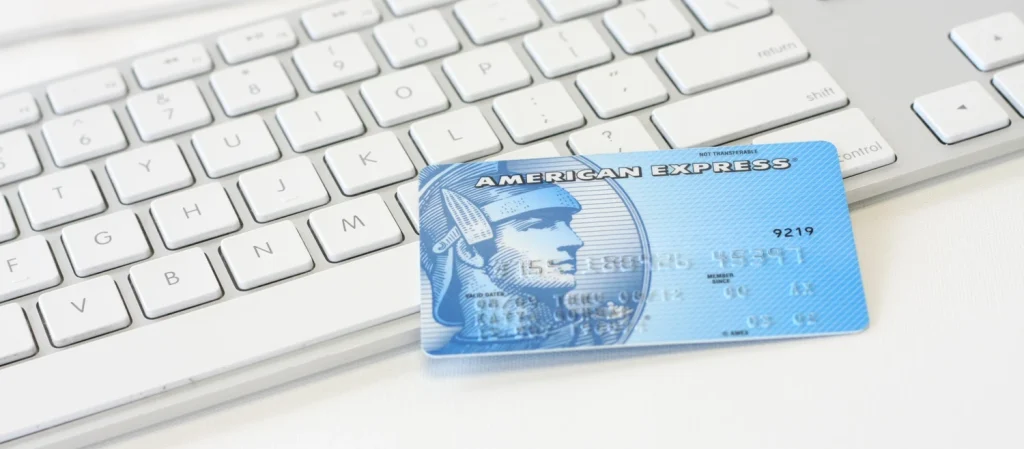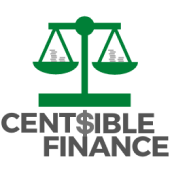
When I first started writing to you a few months ago, I talked about starting the path to financial freedom. So, if you’ve been following me, you may be at the point where you’re tackling your debt. That means you have $1,000 saved up in case of an emergency, you have your debt list written down, and you’re working hard to pay off each debt, one by one, using the debt snowball. But you notice something as you pay down your credit card debt: No matter how much extra money you throw at the balance, it doesn’t seem to make a difference.
So, you ask yourself: What’s going on? I’m paying more than the minimum… Way more. So, why does it feel like my balance is going up? I think that’s a fair question. After all, simple math would tell us if you’re paying “X” amount to this debt, then the balance should go down by the same amount, right?
Well, unfortunately, no. When it comes to debt (credit card debt, in this case), lenders don’t use simple math.
And today, we’ll talk about that and why you may not be making a dent in your credit card balance.
Plastic Is Expensive When we use credit cards to purchase things, we’re not spending our money. We’re spending someone else’s money. And that comes at a cost. That cost is interest.
As I mentioned before, the average credit card has an interest rate of 16%… But it could get higher than that. It just depends. A 16% interest rate on my credit card means not only am I paying my credit card company back for what I borrowed, I’m also paying it back with 16% added on.
Let me give you an example: If I have a $1,000 credit card balance with a 16% annual interest rate, my credit card company would add interest to my $1,000 balance daily, until the end of my billing period. Splitting that annual interest into a daily rate would make my interest rate .04%/day (16% ÷ 365 days = .04%).
So, on Day 2, if I don’t use my credit card to buy anything else, my balance is now $1,000.44. And it continues to add up every day. After a 31-day month, my $1,000 balance turns into about $1,012.07. That’s $12.07 in added interest.
This is basically compound interest at work. Compound interest is one of the greatest discoveries of all time. When it’s working in our favor, it’s amazing. But when it’s working against us, if we’re not careful, we could spend a lifetime paying for it.
For instance, now that my $1,000 balance has turned into $1,012, when I make my minimum payment, some of it is going to the interest… and not toward what I borrowed.
Credit cards typically decide your minimum payment by taking 3% of your balance or $25. Whichever is greater.
In this case, my minimum payment would be $30 ($1,000 x 3% = $30). So, if I pay $30 toward this debt, my balance is actually now about $982, instead of $970. Almost half of it, 40% to be exact, went to interest, and the rest went to my balance ($30 minimum payment – $12.07 interest = $17.93 toward the balance ).
That’s what we’re working against here. So, imagine the damage interest is doing while we’re working on our debt snowball. The example above shows how quickly interest can add up on a credit card, even when I’m not adding to my balance. But if I continue to spend with that card, it becomes even worse.
This is why I call debt a plague. It steals from us. It steals from our time, our money, our peace of mind, and our freedom. And it can take a long time to get out of, especially thanks to interest.
So, while throwing extra money towards credit card debt is a great start, this is why it may not be moving: Interest.
The best way to get the ball rolling in the right direction is to stop using the plastic…
Desperate Times… You might be thinking, “Isn’t that drastic?”
Remember our goal here: Financial freedom. And in order to get there, we have to take the steps necessary to make financial wellness a possibility for ourselves. And we just simply cannot make that happen when we’re shackled by debt that’s stealing from us every single day.
So, yes, you may think it’s drastic to get rid of the plastic. And that’s okay.
I used to see credit cards as a way for me to earn points. You know, those points they say you can use to buy more stuff, or those miles you can use to book a flight. But I realized there was something about that plastic that made me swipe more.
Then, one day, I had an epiphany and thought to myself: Wait a minute… What would I need points and miles for if I’m financially well enough to afford all the things and trips I want, anyway?
There’s nothing wrong with using credit cards to earn the points and the miles. But if using credit cards is going to entice us to spend more than we would have (or worse, put us in debt), then… it’s just not worth it.
Living modestly, understanding wants vs. needs, and saving might not be a normal thing to do. But normal isn’t always a good thing. Learning to do the opposite of what the crowd does makes it all worth it in the end.
Try Achieving financial freedom isn’t easy. It’s going to take sacrifice. It’s going to take modest living. It’s going to take delayed gratification. And maybe it’s going to take drastic changes.
But it’s also going to take a world of weight off your shoulders when you get there. And won’t that be worth it?
You might be asking, “Okay, so how can I just ‘stop’ using my credit cards?”
Fair question. Many of us depend on our credit cards to pay our bills.
Many of us have children to care for, medical bills to pay, family members to support, and rent to keep up with that increases every year.
So, I know it’s not going to be easy.
But I don’t want you to get discouraged. I want you to try.
First, take a deep breath. Then, start thinking…
Think about areas where you may be able to cut back and/or make more money, so you can pay all your bills without using credit cards. And think about who may be able to help you… There’s nothing, and I mean absolutely nothing, wrong with being honest and just telling someone you trust about your hardship.
Remember, we’re not meant to do this life alone. So, don’t be afraid to say what’s on your mind. Whoever you tell may be going through the same thing, too. And you can motivate each other to get through it.
Sometimes, motivation and support is all we need to believe we can do this.
So, be encouraged. Take everything day by day. One step at a time, and one cent at a time.
With gratitude,

Melody C. Kerr, MS
Certified Financial Coach

